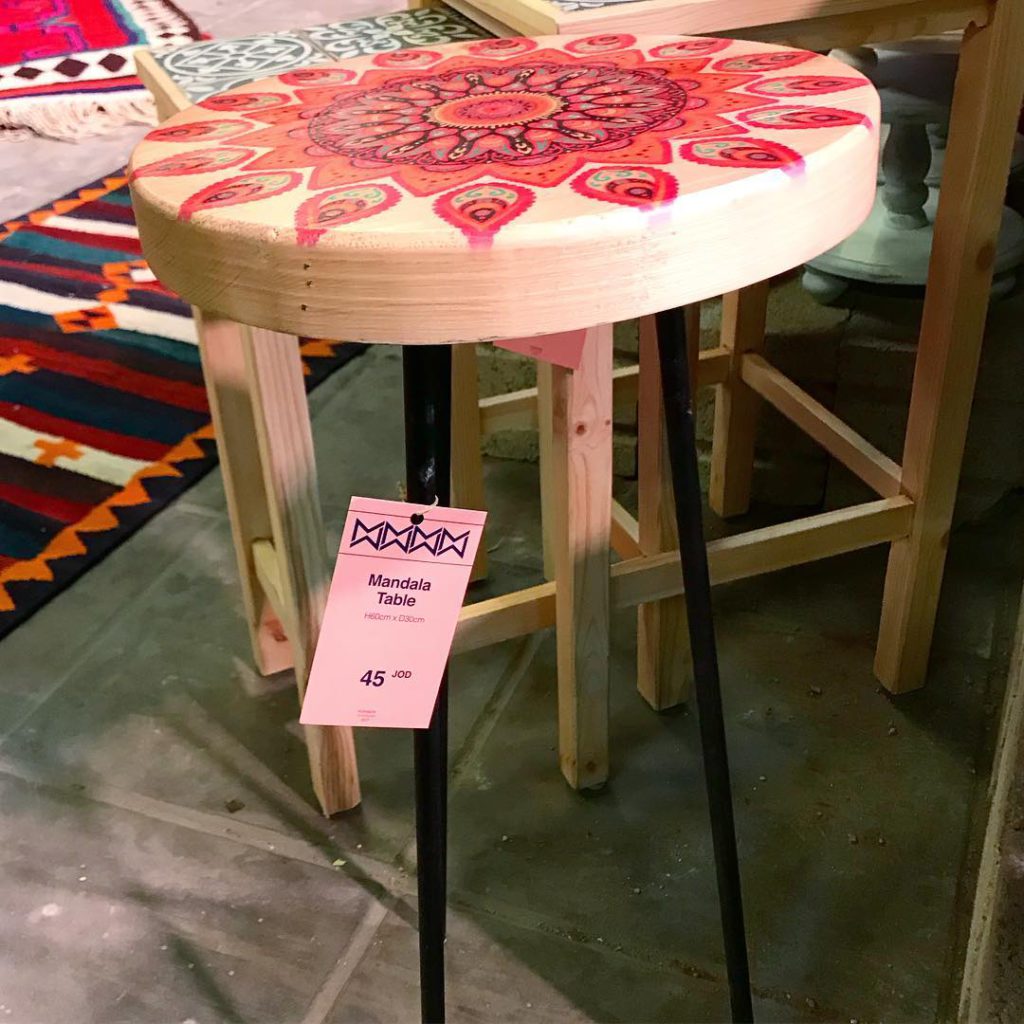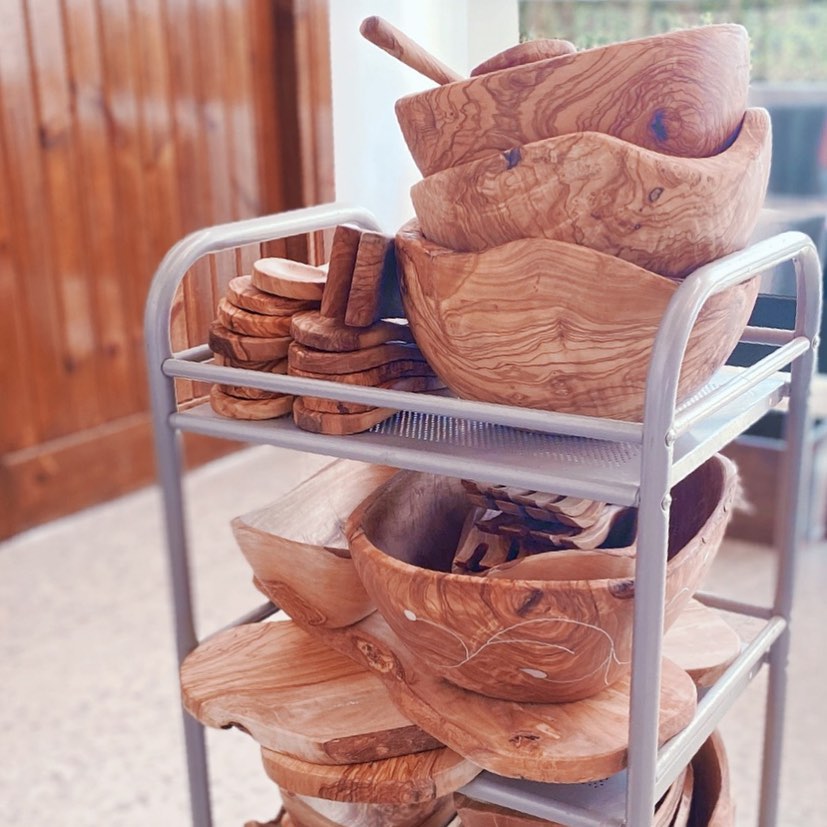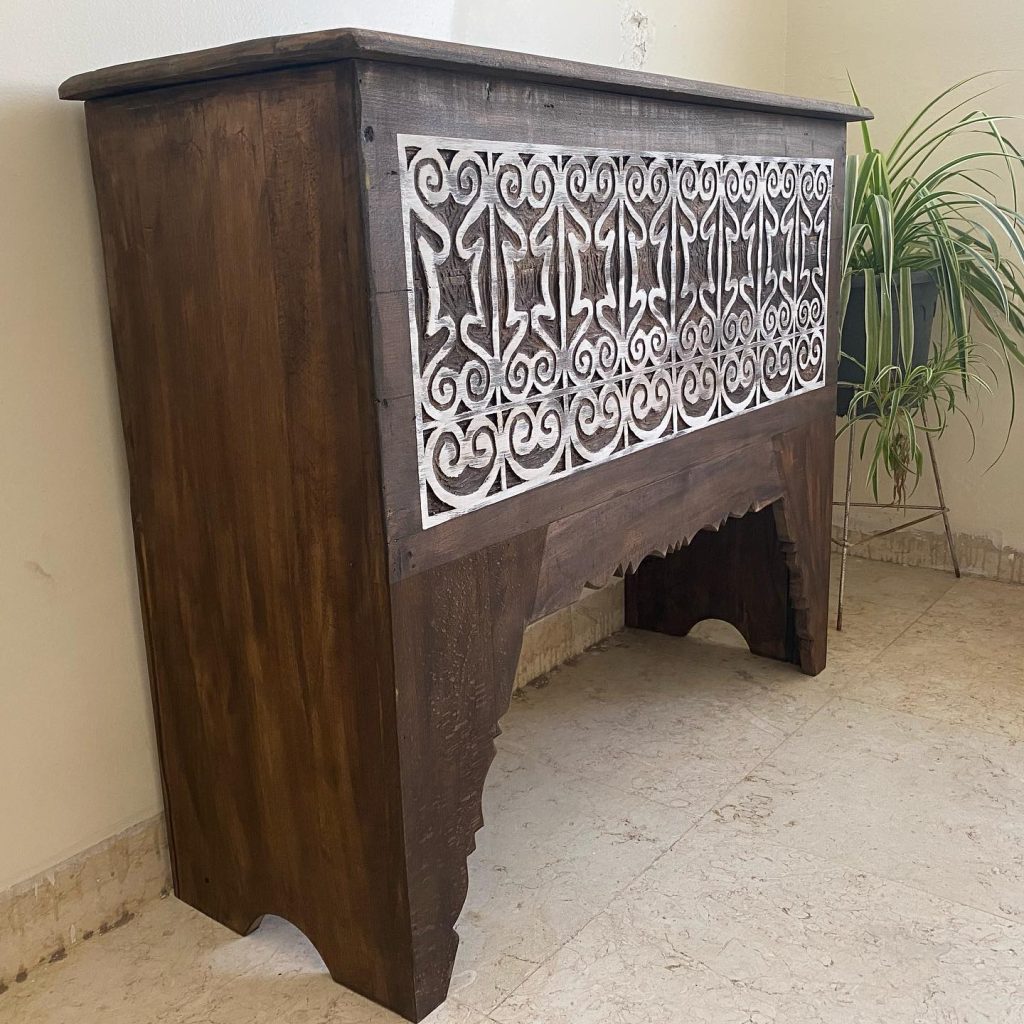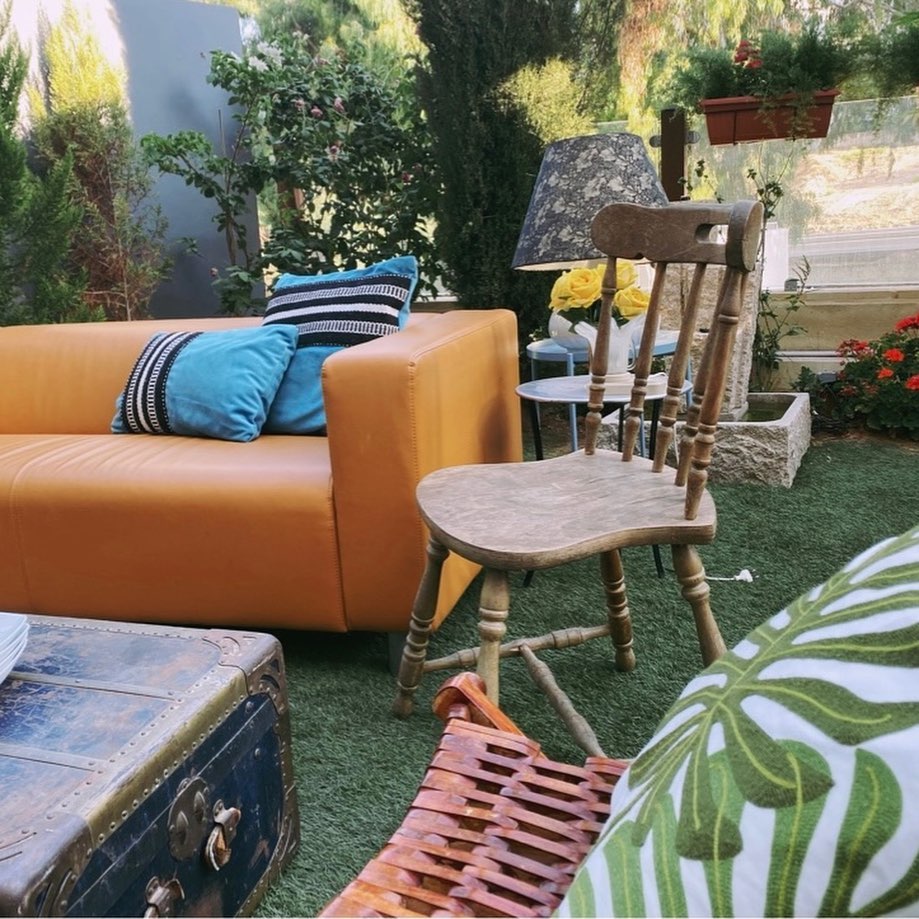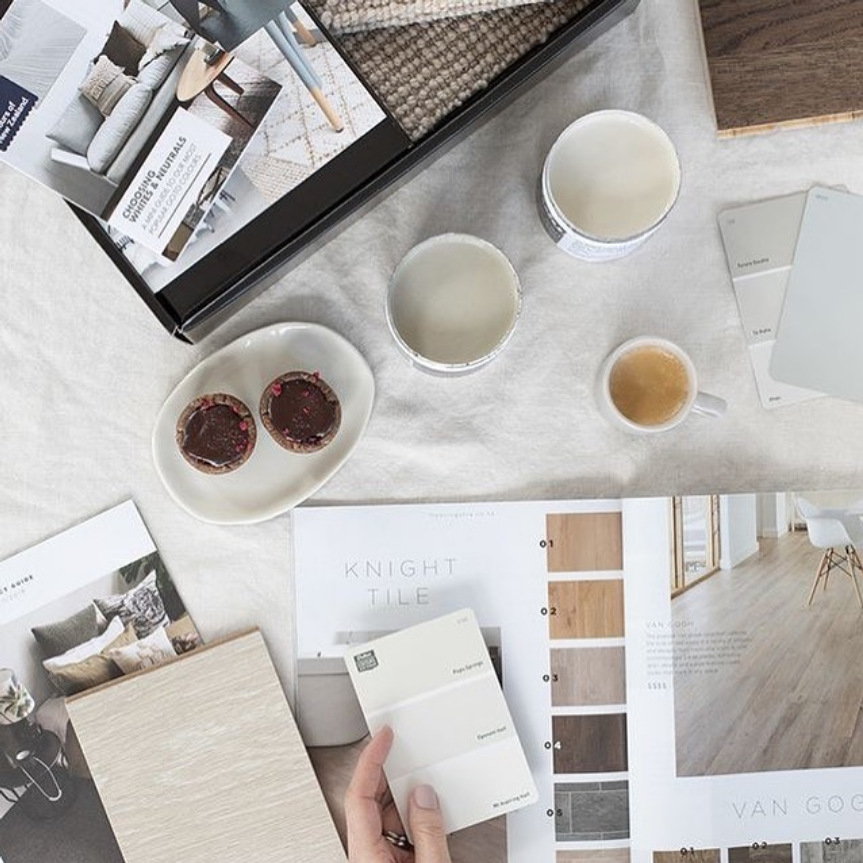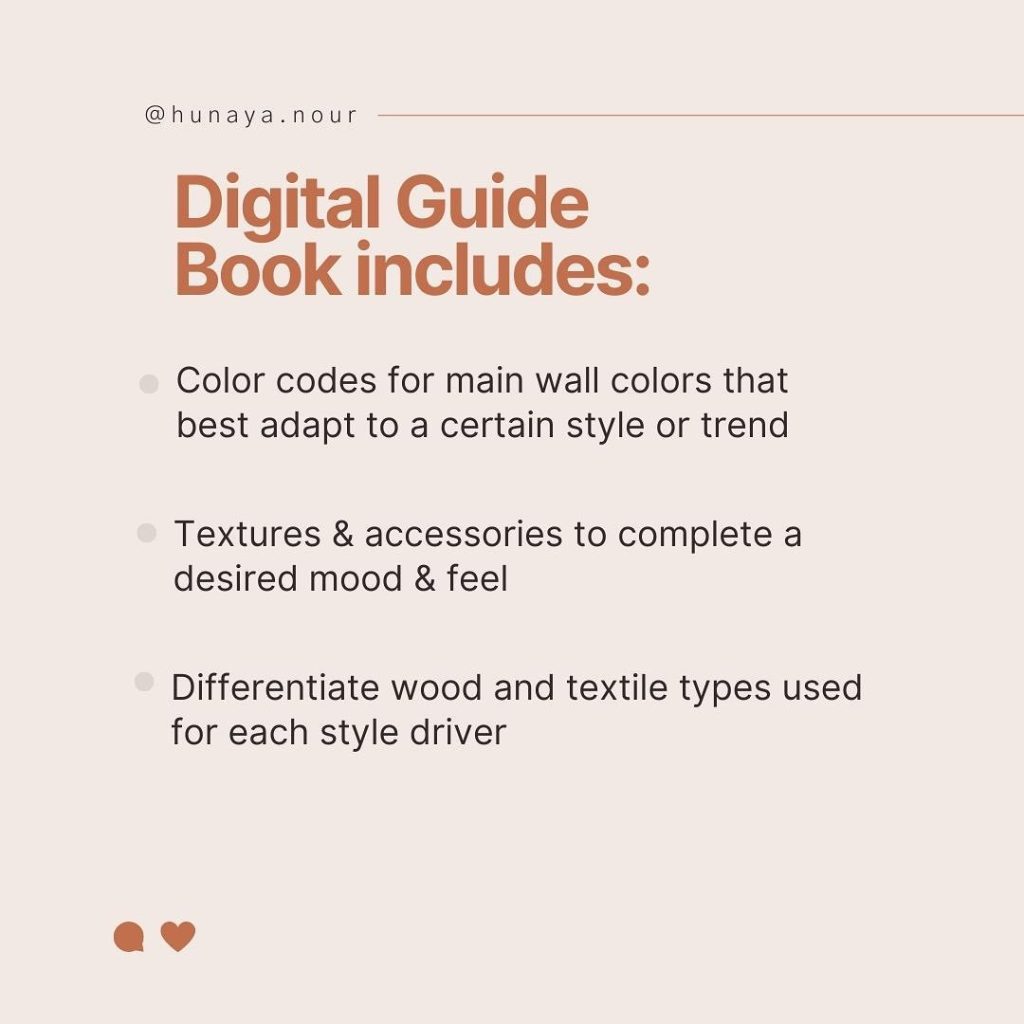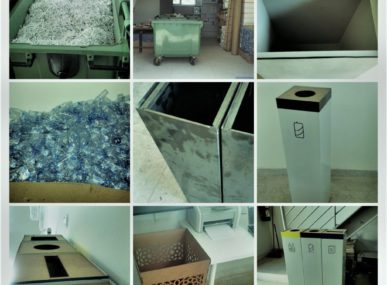At the time, Nsheiwat was getting married and found it laborious to attain furniture of certain qualities. That’s when he took her to a number of junkyards where she sifted through old furniture and disposed-off materials. “I had been aware of junkyards and second-hand backyard sales since I’ve been upcycling purchased materials as a hobby and gift the outcome products to friends like an upcycled chest of drawers for example,” Nsheiwat adds.
How it all turned into a tradition:
The chain effect of turning pieces that were deemed as garbage to valuable items became a lore in the Nsheiwat-Haddad household. “I started getting requests to customize and upcycle items and then it became a monetization scheme I called N Products, then later, Hunaya,” Nsheiwat says.
Nsheiwat’s business is still small scale — with a small shop and customization upon order. “That gave us the opportunity to focus more on dining items and business-to-business transactions,” she remarks. Despite not actively promoting Hunaya, Nsheiwat and her Haddad’s restaurant, Shawerma Zarb has been playing a role in disseminating knowledge on Hunaya’s upcycled marvels.
Due to the mounting industrialization and the increased influx of refugees into the Middle Eastern country, the solid waste issue is escalating with a limited number of disposal sites and recycling plants. Such lack of infrastructure is proving heavy for the society to recycle or upcycle and constitutes an indication of insufficient awareness on trash and recycling.
But Nsheiwat’s lean realm managed to have her work seen and managed to design upcycled furniture for a restaurant in Germany. This came as part of a side initiative, Nsheiwat and her husband called From war to love. “We wanted to find old Syrian chairs as well as war remnants which we fashion into plant stands. So now we’re turning war into love through those war dregs, while those chairs would live forever telling the story of the time we used to import from Syria, but not anymore because of the war,” she explains.
